CBD is all the rage, these days. You can probably take a short drive and see at least one vape shop or CBD specialty store that carries all kinds of CBD products, from tinctures, to gummies, and even raw hemp (which, despite it looking just like marijuana, is perfectly legal!) You may already be pretty comfortable with some of the CBD basics, too. However, as you dig deeper, there are some facts about CBD that you may be surprised to find. Here are our nine favorite facts about CBD that you probably didn’t know!
9 Things You Probably Didn’t Know About CBD
1. Prescription CBD drugs are beginning to enter the market.
A lot of hesitancy people have when considering using CBD is simply how unregulated it is. Research is so new that we’re still in the initial wave of discovering how CBD can help us. Having said that, even our government is beginning to accept some of the research on how CBD can help. The FDA has approved one prescription drug that contains CBD; Epidiolex. It’s used to treat seizures caused by Lennox-Gastaut syndrome and Dravet syndrome. While these conditions are comparatively rare, the fact that any prescription CBD drug exists at all is evidence that CBD is going to become a permanent fixture in our healthcare.1
2. CBD Oil and Hemp Oil are not the same product.
This is a point of confusion that we see customers make all the time, and it’s an easy mistake to make! CBD is derived from hemp, so wouldn’t hemp oil just be a less processed version of CBD oil? The answer is a big “nope!” Hemp oil is derived from the seeds of the hemp plant. Hemp seeds, like many edible seeds, is rich in fatty acids and is commonly found in skin moisturizers and grooming products. However, it completely lacks CBD at all! CBD oil is derived from the “flower” or the “bud” of the hemp plant. Hemp seed oil is much less expensive to manufacture than CBD, but companies often charge a premium on hemp oil to take advantage of the confusion. It also doesn’t help that sometimes a brand describes their product as “hemp oil” and it’s actually CBD oil.Do your due diligence and make sure you get the product you want!2
3. CBD can counteract the negative side-effects of THC.
THC is the psychoactive component of marijuana, or to say in simpler terms, it’s the compound that gets people high. While some research shows that THC might be a great option to lessen nerve pain, many people struggle with the negative side-effects that it can bring, like paranoia and anxiety. However, when CBD and THC are used together, the CBD is able to block a lot of the negative side-effects caused by THC, including reducing the impairment or intoxicating effect produced by the high of THC. This opens the door for people to use THC to treat pain without having to endure side-effects they don’t want to experience.3
4. CBD and THC can enhance their respective effects when used together.
The research on this is still pretty new, but it is quite promising. Known as the “entourage effect,” early research suggests that when CBD and THC are used together, they increase each other’s positive qualities. This includes greater pain relief and more beneficial effects for mental and brain health. This may also be true of interaction with other cannabinoids found in cannabis, but the research into those compounds is still in its infancy.4
5. CBD is one of more than 100 cannabinoids found in cannabis.
CBD is, along with THC, is one of the most well-known and well-researched cannabinoids. However, even though they are the most popular kids in school, they definitely aren’t the only ones you can find. There are more than 100 cannabinoids that can be found in cannabis, with at least eight of them being considered “major” cannabinoids. While we don’t know much about them right now, we are slowly beginning to figure out how they may impact the body and what benefits they have.5
6. CBD occurs at higher concentrations in wildly grown marijuana.
If you happen to come across marijuana growing in the wild, it likely has much more equitable levels of THC and CBD than currently cultivated marijuana does. The reason for that is, of course, CBD doesn’t get you high, so cannabis farmers have spent time cultivating plants that have increasingly higher concentrations of THC and less CBD. This is also a reason why many who smoked marijuana in the 70s and 80s claim that modern marijuana is extraordinarily more potent than what they had access to.6
7. CBD has been known for decades in the U.S. and was originally legal.
While the CBD craze in the U.S. is relatively recent (thanks in large part to its federal legalization in the 2018 Farm Bill), scientists have been aware of the existence of CBD for decades! Scientists were able to isolate CBD in the 1940s, and CBD was one of the first cannabinoids to be isolated in such a way. However, since the cultivation and use of hemp were restricted in the 1937 Marihuana Tax Act and was completely illegalized in the 1970 Controlled Substance Act, research has largely been restricted until relatively recently.7, 8
8. CBD can be a treatment for pets.
Humans aren’t the only animal on earth that can interact with CBD. Dogs and cats also have endocannabinoid receptors that allow them to enjoy many of the same benefits as we do from CBD! Research is pretty early in exactly how dogs and cats can benefit from CBD, but studies are ongoing. There is promising treatment for dogs who suffer from seizures that are resistant to traditional medication, while anecdotal evidence suggests it can help to calm overly anxious dogs. Dogs also have many more endocannabinoid receptors in their brain than humans do, which also makes them highly susceptible to THC intoxication (you should never give your pets THC infused-edibles and you should avoid smoking marijuana in the same room as them, too).9, 10
9. CBD can be used to treat drug addiction.
Not only can CBD help treat inflammation disorders, anxiety, and depression, it may be able to help with combating drug addiction, too! In a study conducted by the American Journal of Psychiatry, CBD was shown to stop key triggers that make it hard to quit addicting drugs, like heroin. Not only that, but the effects provided by CBD lasted up to a week after administering a dose and presented no negative side-effects.11
References
- Brady, Bradford. “AKC Canine Health Foundation.” Www.Akcchf.Org, 6 Sept. 2017, www.akcchf.org/news-events/news/clinical-trial-to-study.html. Accessed 12 July 2020.
- Chander, Raj. “How CBD and THC Work Together: The Entourage Effect.” Healthline, 13 Dec. 2019, www.healthline.com/health/the-entourage-effect. Accessed 12 July 2020.
- “Epidiolex: Cost, Side Effects, Dosage, and More.” Www.Medicalnewstoday.Com, 26 May 2020, www.medicalnewstoday.com/articles/326061.
- Gollakner, Rania, and Lynn Buzhardt. “Cannabis (Marijuana) Intoxication in Cats and Dogs.” Vca_corporate, 2018, vcahospitals.com/know-your-pet/marijuana-intoxication-in-dogs-and-cats. Accessed 12 July 2020.
- Hudak, John. “The Farm Bill, Hemp Legalization and the Status of CBD: An Explainer.” Brookings, 14 Dec. 2018, www.brookings.edu/blog/fixgov/2018/12/14/the-farm-bill-hemp-and-cbd-explainer/#:~:text=In%20short%2C%20hemp%20can. Accessed 12 July 2020.
- Hurd, Yasmin L., et al. “Cannabidiol for the Reduction of Cue-Induced Craving and Anxiety in Drug-Abstinent Individuals With Heroin Use Disorder: A Double-Blind Randomized Placebo-Controlled Trial.” American Journal of Psychiatry, vol. 176, no. 11, 1 Nov. 2019, pp. 911–922, 10.1176/appi.ajp.2019.18101191. Accessed 12 July 2020.
- Jikomes, Nick. “List of Major Cannabinoids in Cannabis and Their Effects.” Leafly, 23 Apr. 2019, www.leafly.com/news/cannabis-101/list-major-cannabinoids-cannabis-effects.
- Lewis, Amanda. “A Hidden Origin Story of the CBD Craze.” New York Times, 23 May 2020, www.nytimes.com/2020/05/23/sunday-review/coronavirus-cbd-oil.html. Accessed 24 May 2020.
- Murray, Dana. “What’s the Difference Between CBD Oil and Hempseed Oil?” Healthline, 20 Mar. 2019, www.healthline.com/health/hemp-vs-cbd-oil#5. Accessed 12 July 2020.
- Niesink, Raymond J. M., and Margriet W. van Laar. “Does Cannabidiol Protect Against Adverse Psychological Effects of THC?” Frontiers in Psychiatry, vol. 4, 16 Oct. 2013, 10.3389/fpsyt.2013.00130.
- Pertwee, Roger G. “Cannabinoid Pharmacology: The First 66 Years.” British Journal of Pharmacology, vol. 147, no. S1, 2 Feb. 2009, pp. S163–S171, www.ncbi.nlm.nih.gov/pmc/articles/PMC1760722/, 10.1038/sj.bjp.0706406.




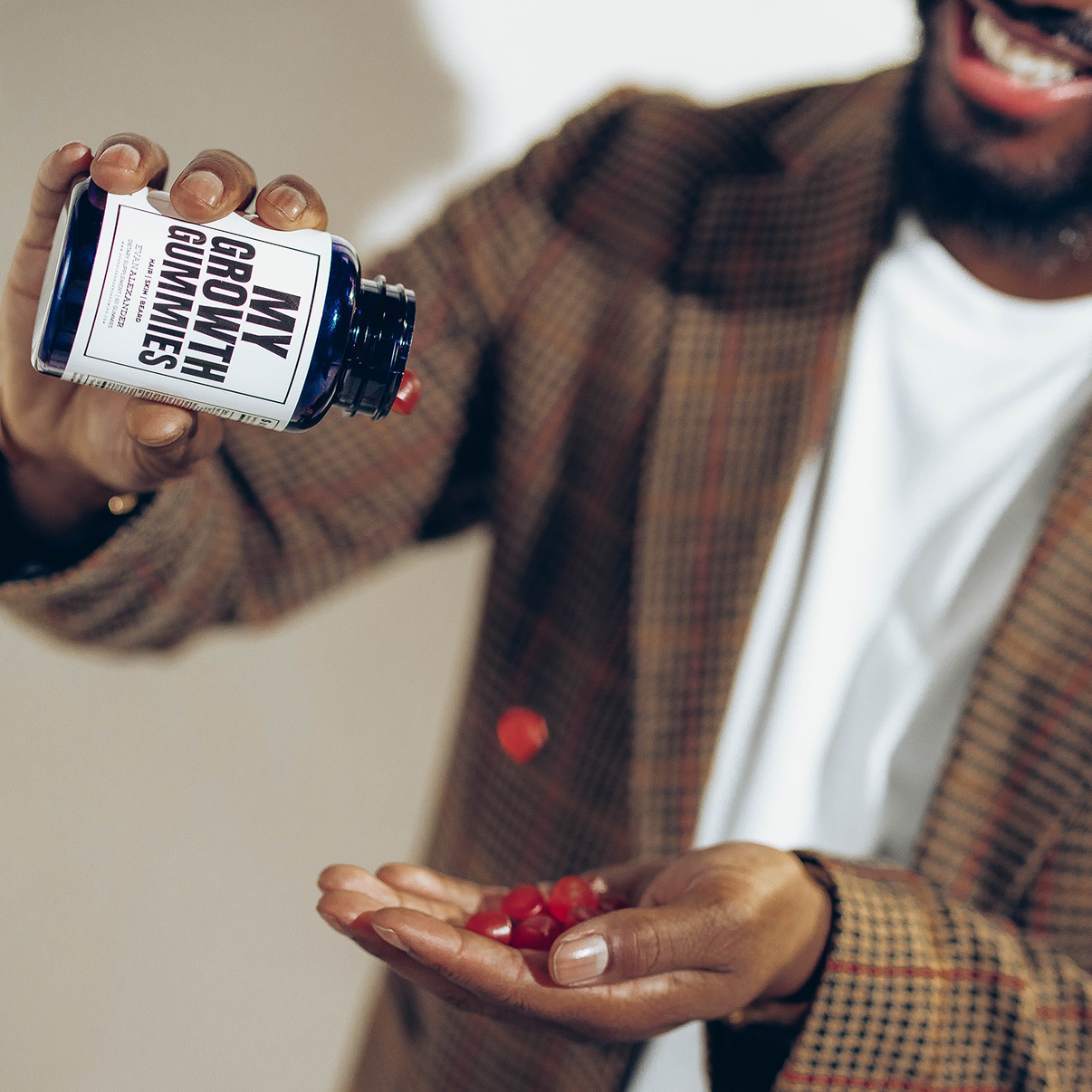
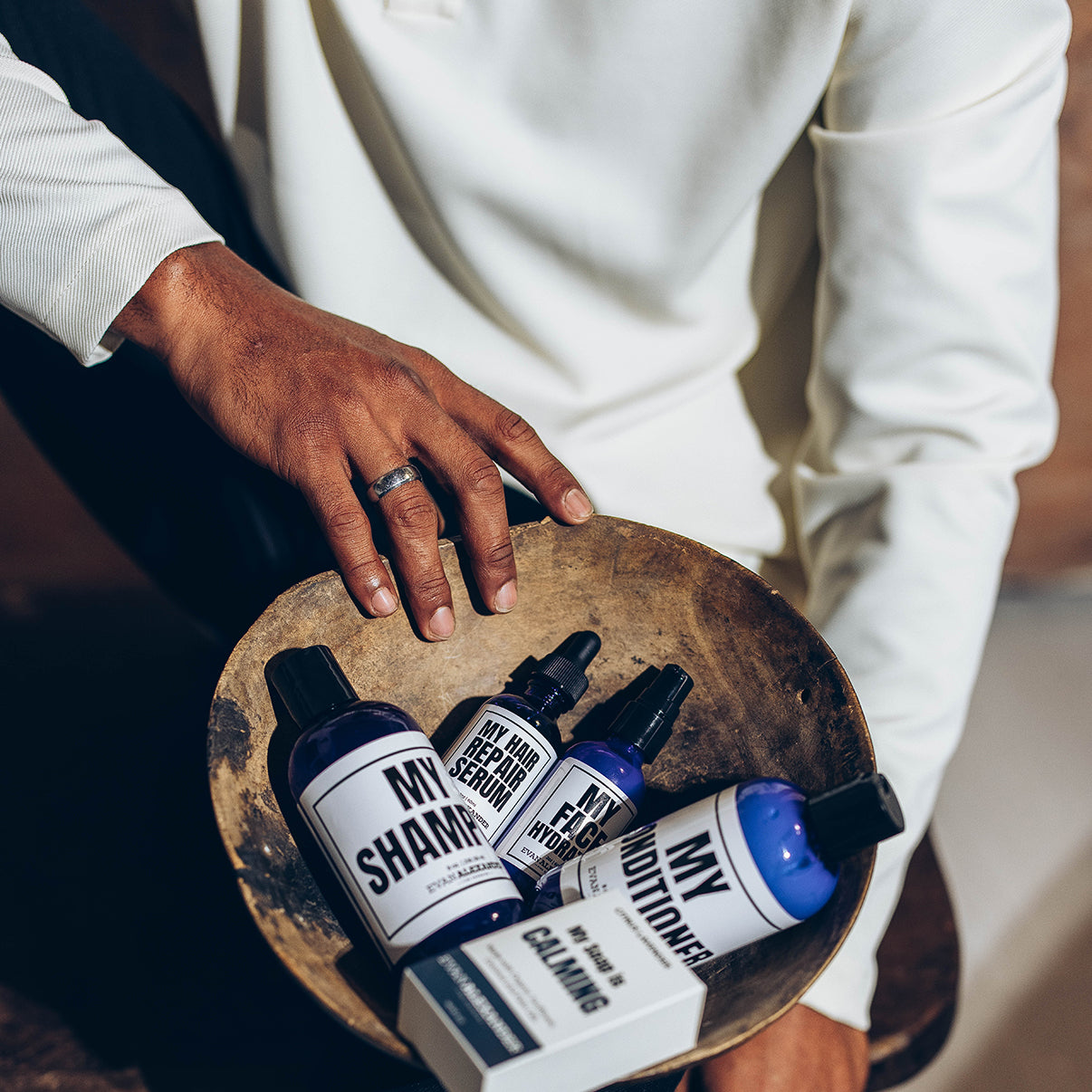
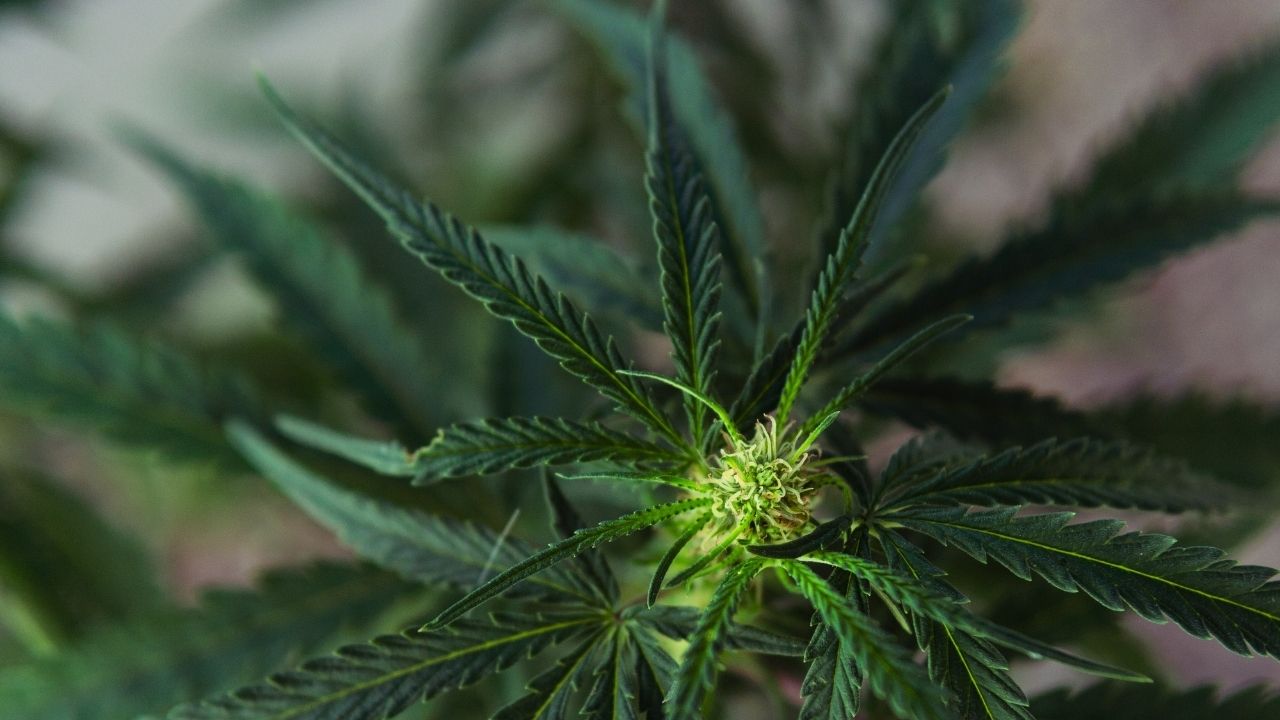
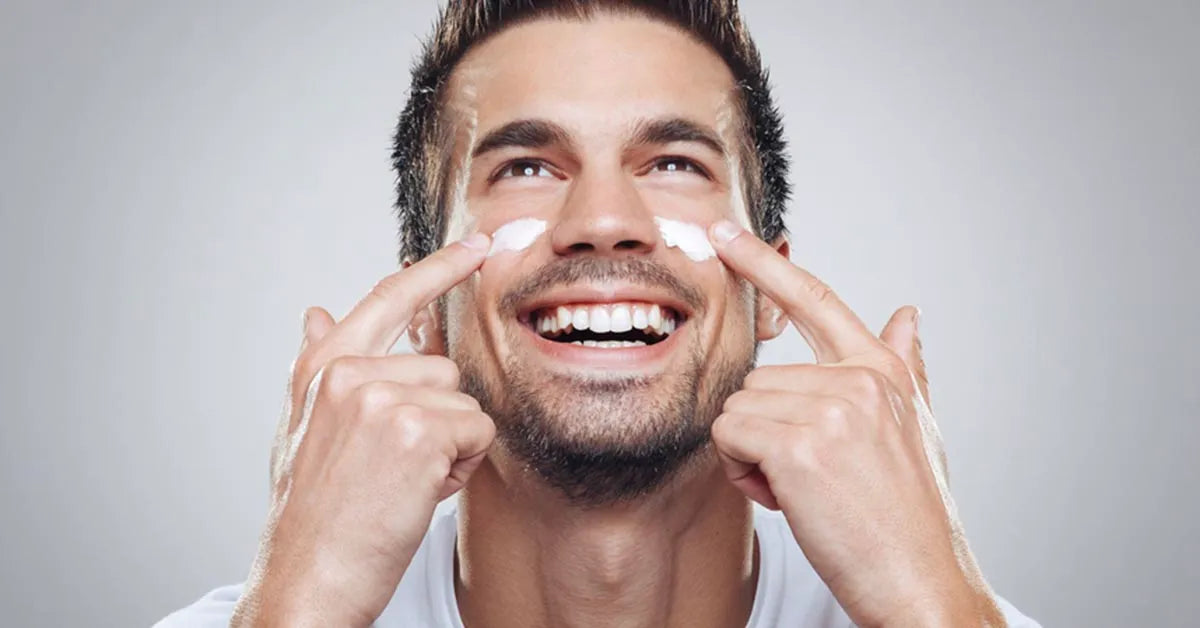
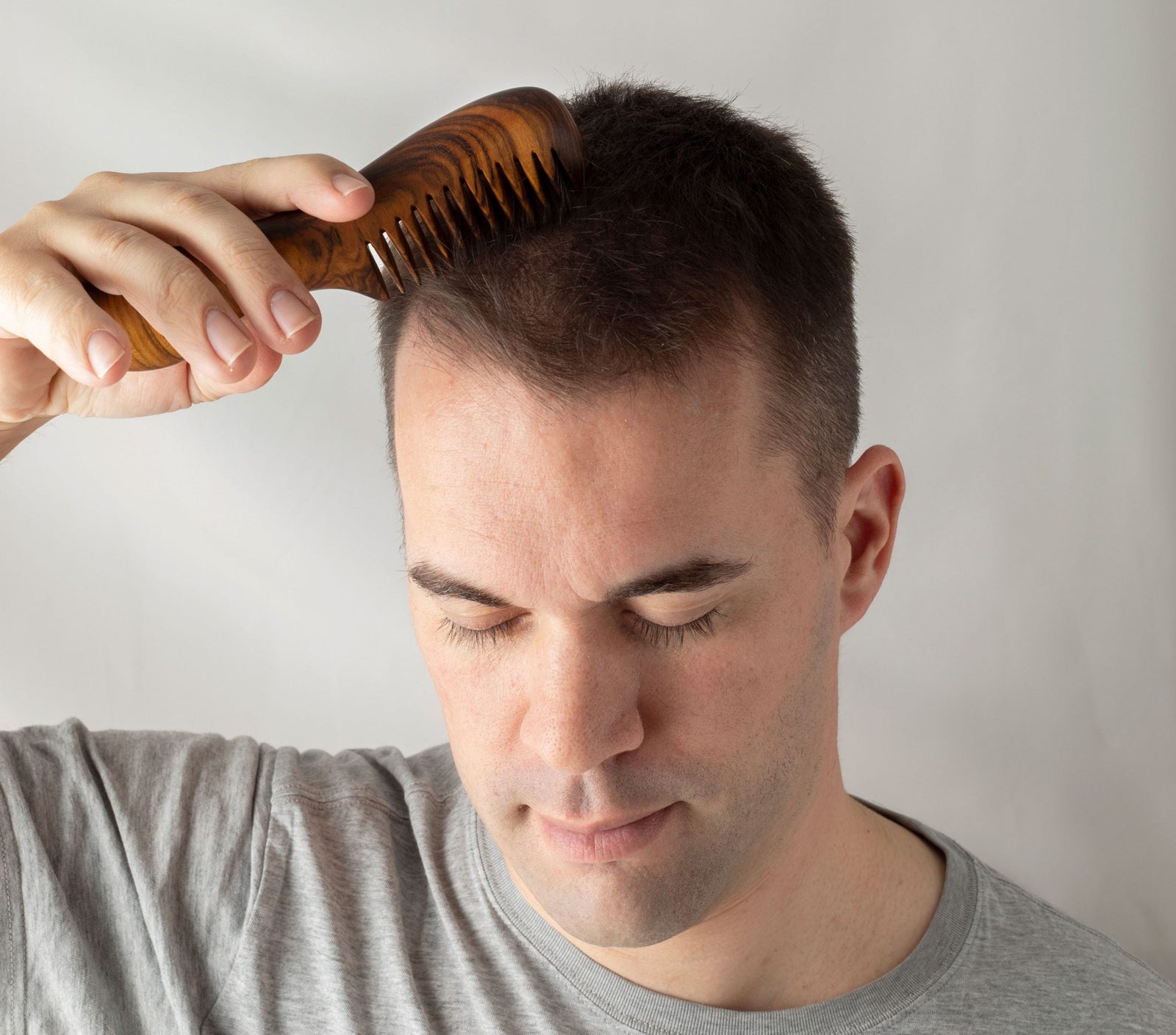

Den
April 22, 2021
TERMINATION OF DOMAIN evanalexandergrooming.com
Invoice#: 481353
Date: 2021-04-23
IMMEDIATE ATTENTION REGARDING YOUR DOMAIN evanalexandergrooming.com IS ABSOLUTLY NECESSARY
TERMINATION OF YOUR DOMAIN evanalexandergrooming.com WILL BE COMPLETED WITHIN 24 HOURS
Your payment for the renewal of your domain evanalexandergrooming.com has not received yet
We have tried to reach you by phone several times, to inform you regarding the TERMINATION of your domain evanalexandergrooming.com
CLICK HERE FOR SECURE ONLINE PAYMENT: https://securedomains.ga/?n=evanalexandergrooming.com&r=a&t=1619129908&p=v12
IF WE DO NOT RECEIVE YOUR PAYMENT WITHIN 24 HOURS, YOUR DOMAIN evanalexandergrooming.com WILL BE TERMINATED!
CLICK HERE FOR SECURE ONLINE PAYMENT: https://securedomains.ga/?n=evanalexandergrooming.com&r=a&t=1619129908&p=v12
YOUR IMMEDIATE ATTENTION IS ABSOLUTELY NECESSARY IN ORDER TO KEEP YOUR DOMAIN evanalexandergrooming.com
The submission notification evanalexandergrooming.com will EXPIRE WITHIN 24 HOURS after reception of this email